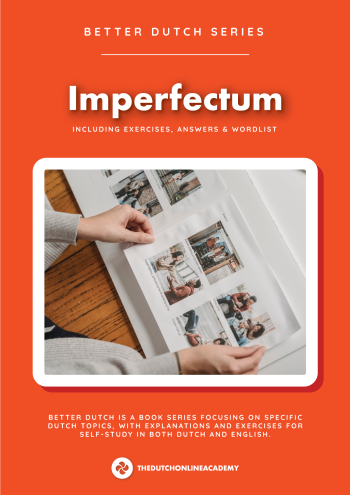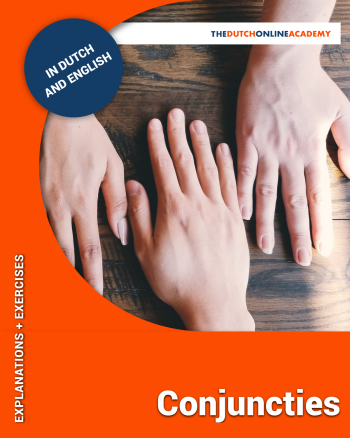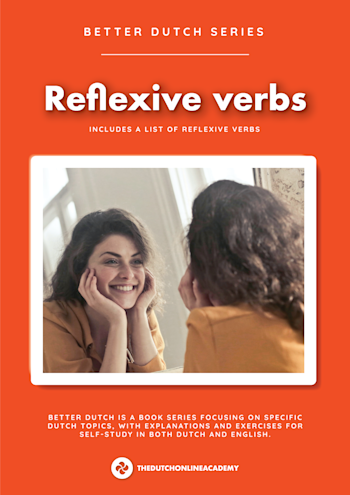Learn the theory
Three situations in which you pick JIJ over JE in Dutch
There are three reasons to use JIJ instead of JE in Dutch. The rules also apply to ZE and ZIJ and WE and WIJ.
At the end of this article we will look at a situation in which you will have to use JE.
Do you want to know more about Dutch pronouns? Try this article.
1. Emphasis
This explanation is most often heard: if you want to put emphasis on "you", you can use JIJ. In English you could just put some emphasis on the word "you". Let's look at some examples. Note that in every sentence, JE would also be correct.
- Waarom ben je televisie aan het kijken? Jij zou je kamer opruimen!
- Why are you watching television. You would tidy up your room!
- Jij kan een kopje koffie gebruiken, of niet?
- You can use a cup of coffee, can't you?
- Ga jij nog op vakantie?
- Are you still going on a holiday?
2. In combination with another personal pronoun.
If another personal pronoun is close (as a subject), you use JIJ. If the subject/personal pronouns are placed in separated sentences, you could also use JE (although it is unlikely). If they are in the same sentence (like in the third sentence* below) you have to use JIJ in Dutch.
- Jij kookt en ik doe de afwas.
- You cook and I do the dishes.
- Jij drinkt koffie, maar hij niet.
- You drink coffee, but he doesn't.
- Jij* en ik gaan op vakantie.
- You and I are going on a holiday.
3. When the sentence is not complete
If a sentence is not a complete sentence (having a conjugated verb and all), you have to use JIJ in Dutch. Let's look at some examples of sentences that are not complete.
- Ik drink geen koffie. En jij?
- I don't drink coffee. And you?
- Heb je een fijn weekend gehad? > Ja, en jij?
- Have you had a nice weekend? > Yes, and you?
- Ik heb een fout gemaakt, maar jij ook!
- I have made a mistake, but you too!
When to use JE instead of JIJ
Very often, you can pick both JE and JIJ, but there is a situation in which only JE is correct. This is when you are talking in a general, not personal way. Let's look at some examples again.
- Je moet altijd uitkijken voor je oversteekt.
- You always have to watch out before you cross (the street).
- Je hebt vijf tomaten, een teentje knoflook en een ui nodig.
- You need five tomatoes, a clove of garlic and an onion.
- Amsterdam is een mooie stad. Je kunt er oude gebouwen vinden en leuke cafés.
- Amsterdam is a beautiful city. You can find old buildings there and nice cafes.
Practice with exercises
Pick the right option: Je or Jij, We or Wij, Ze or Zij. Remember that usually both are ok, but in the sentences below, only one is correct.
Some ideas to keep learning
Do you find this information useful? Why not look at another topic, like the use of position verbs (staan, zitten, liggen, hangen) or at affordable and very personal group lessons.
comments
Login to leave a comment


![Learn Dutch with The double infinitive in Dutch [list of auxiliary verbs included]](https://images.ctfassets.net/f8l4gy5qxe00/7fpaN2iBE3h1xS7LRL8c0h/3bbebedc080cbf7eece73424c8e3918f/The_double_infinitive.png?w=350&h=495&q=50&fm=png)
